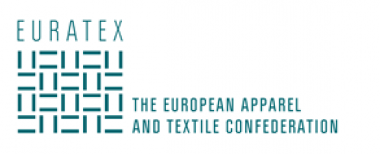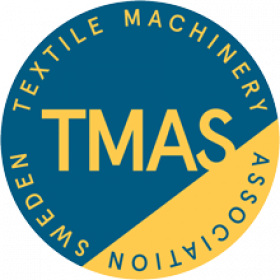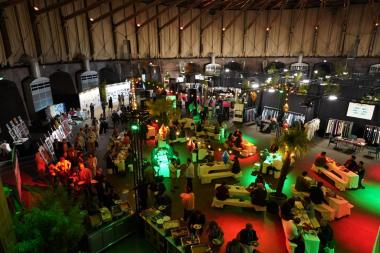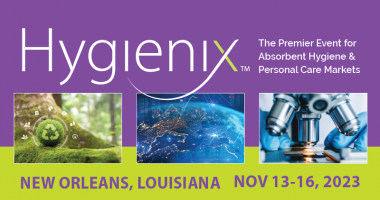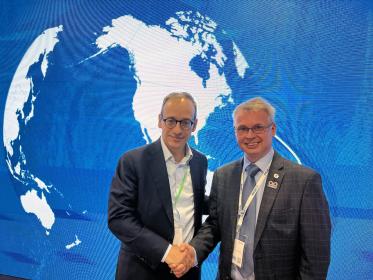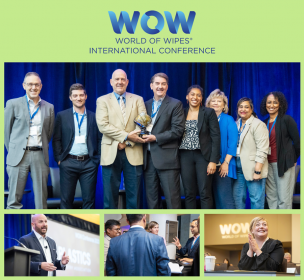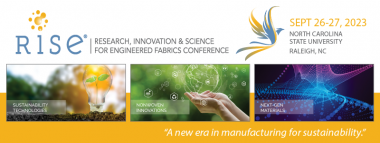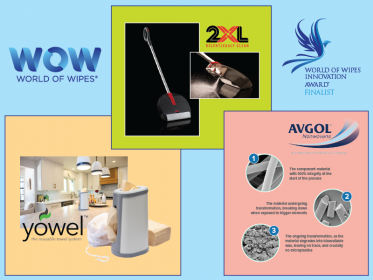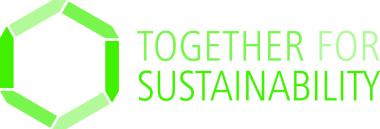EURATEX and CIE warn EU Presidency about de-industrialised Europe
Ahead of the extra-ordinary Council on 6 October in Granada, EURATEX President, Alberto Paccanelli, and CIE President, Jose Vte Serna, call on the EU Presidency to develop a new competitiveness strategy, which can relaunch the European industry and ensure it will remain competitive in the decades to come. This means bringing together trade, energy, state aid and sustainability policies into a single, integrated, comprehensive approach, which can support a robust and modern European manufacturing industry.
To consolidate a strong industrial structure in Europe, the Union should
- secure the supply of clean energy at a competitive cost;
- support innovation and foster the necessary talent pool and
- be more assertive in achieving an international level-playing field on sustainability, based on the European model.
During the past few years the implementation of incoherent and conflicting objectives under the trade, energy, industrial and sustainability policy has been observed. As a matter of fact, while the circular economy promised to be a recipe for a competitive industry of the future, the likelihood of pushing the EU industry out of the market and driving investment elsewhere than in Europe is very high. If this approach were to continue in the next years, it will result in a de-industrialised Europe, depending on imports from abroad. Such a Europe would be more exposed to geopolitical turmoil, with no agency to deliver its vision of peace, well-being and a healthy environment to its citizens.
It is fundamental for Europe to pursue a more coherent set of policies that put the competitiveness of its domestic industry at the core. In this context, all the industrial manufacturing sectors should be in the scope, including the textile industry, given its importance in providing essential products and applications to our society. A first impactful action that can be taken in this direction, would be to expand the scope of the Net-Zero Industry Act (NZIA) to include the textiles and clothing industry.
The history of European industry is fully woven in the birth and expansion of the European textiles industry since the XVIII century. Still today, the European textiles and clothing industry holds a pivotal position in the market, encompassing a diverse range of sectors and applications. In terms of employment, our industry creates 1,3 million direct jobs in Europe, encompassing a wide range of roles, from design and production to distribution and retail. European textiles have a wide range of applications, the most common one is of course clothing and fashion. The industry has a long history of producing high-quality apparel, with various regions specializing in specific niches.
Beyond clothing, there is a wide range of industrial sectors were textiles play an essential role, including Automotive (used for upholstery, interior components, and even lightweight composite materials), Aircraft and Shipbuilding (where textiles are employed for their lightweight and high-strength properties, to enhance fuel efficiency, reduce emissions, and improve overall performance), Building and Construction (insulation, roofing, geotextiles, and architectural textiles), or Personal Protective Equipment, for medical personnel, firefighters, police and army officers. This includes masks, gowns, uniforms, helmets, and fire-resistant clothing, ensuring safety in hazardous environments.
Textiles are essential components of our society and our well-being. It is key for Europe to maintain its capacity to manufacture high-quality, sustainable and high-technology textiles. With this in mind, the competitiveness policy of the future and the related funds to support it, should include the textile ecosystem in its scope.
Euratex


